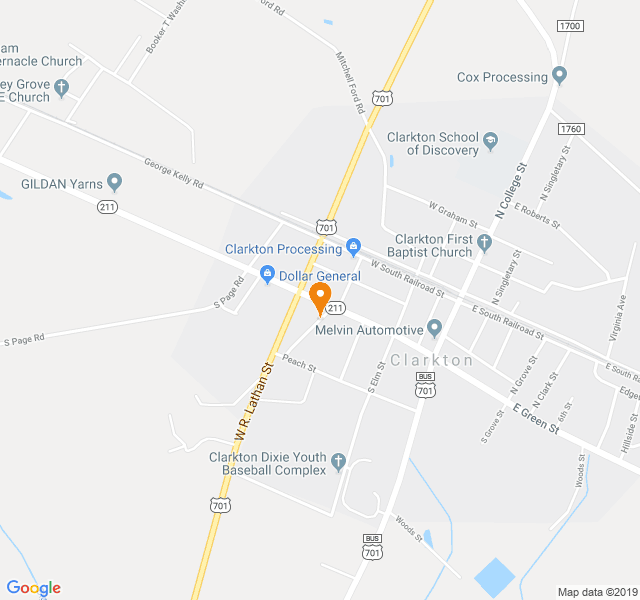Table of Content
This implies that they’ll retain the current system, where people are charged £1 in ‘tariff income’ a week for every £250 in assets they earn within the threshold. The recommendation would reduce complexity and make the balance between individual and state provision easier to understand. It would support people who live longer than average in residential care and more effectively cap the full range of care costs for those with high levels of care need. It has been suggested that the government will cap these costs at a maximum of £12,000 a year or £230 a week. Assuming the proposal goes ahead, the figure would be deducted from the local authority’s negotiated rate rather than the amount you really pay.

Under the new social cap anyone who falls below the upper capital limit will be able to qualify for means-tested support and anyone who falls below the lower capital limit will not have to contribute. Once you have reached this limit, you will still need to pay your ongoing board and lodging costs and the difference between the local authority’s rate and what the home charges you. In this example that’s a further £12,000 for board and lodging plus a further £220 per week or almost £11,500 per year. For example, if you are paying £720 per week, the negotiated local authority rate might be £500, so you will only exceed the care cap after 144 weeks, when you will have paid over £103,500. Under the current system, if they both stayed in residential care for 2 years, Mary and Bob would have spent around £105,000 in total towards their care. They wouldn’t have got any state support until right at the end when they individually reached the UCL of £23,250, which would be based on half of their shared assets.
The social care cap explained
Like why conditions like dementia are widely seen as a social care issue instead of being heavily means tested when its impact can be as distressing as cancer. Despite funding for care services increasing during the delay, there have been mixed reactions to this decision. Many of the participants commented that they found the sessions engaging and that the groups allowed for a more focused dialogue and the opportunity to hear creative thoughts and other opinions. The comments from these listening sessions will be incorporated in the renewal application for the CAP/DA HCBS waiver, which will expire on Sept. 30, 2018. An individual who needs at least one or more CAP/DA home- and community-based service based on a reasonable indication of need assessment that must be coordinated by a CAP/DA case manager. While social care might seem like a topic for the future, the costs that come with it mean it’s important that we plan for it sooner rather than later.
The threshold is also £27,000 if you are getting help in your own home or from other community services. If a close relative lives in the property, such as your spouse, the home is not taken into account in the assessment, but the threshold drops to £27,000. Social care is means-tested, which means only the poorest get state help towards their costs.
Understanding the care home fees cap
“This Conservative Government has already broken their promise to fix social care. The County Councils Network welcomed reports of a delay but warned the funding must not be “used as a saving” in Mr Hunt's Halloween fiscal plan. Government sources pointed out councils had already pleaded for a delay because they were not ready.
The Division of Medical Assistance held five listening sessions across North Carolina to allow interested stakeholders to participate in a collaborative dialogue focused on key areas of the waiver renewal. These sessions were held in the months of March and April in the cities of Raleigh, Kannapolis, Lenoir, Hendersonville and Greenville , and included 125 stakeholders. If you are a CAP/DA case management entity or a qualified home- and community-based provider, a referral can be completed in the e-CAP system.
Who is Eligible for CAP/DA?
Hargreaves Lansdown PLC group companies will usually send you further information by post and/or email about our products and services. Many people aren’t aware that the cap of £72,000 doesn’t include board and lodging in your care home. However, most people will have to spend much more before the cap is reached; often over £140,000.

In addition to the waiver renewal application, the Clinical Coverage Policy, 3K-2, Community Alternatives program for Disabled Adults (CAP/DA), will be revised to support the clinical operation of CAP/DA. The original incorrectly suggested the social care cap would cover the whole of the UK. But Department of Health and Social Care guidance has revealed that only the amount these households contribute themselves – not the total cost of their care – will count towards the £86,000 cap. In other words, many will still end up paying a total of £86,000, the same contribution those with much larger assets will have to make.
What does and does not count towards the cap
To be sure your spouse or partner can receive their full entitlement to care costs should you die, you can check the details of any property you own together and how they will be affected by the terms of your Will. Jeremy Hunt is drawing up plans to delay the Tories’ flagship cap on care home fees in a blow to hundreds of thousands of frail Brits. What is more, spending on care will count towards the cap only for people assessed by the local council as in need enough to be eligible.

These top-up payments, on top of the cost specified in someone’s personal budget or independent personal budget, will not count towards the cap and will still be payable by the person once the cap has been reached. It is important that the new reforms are clear and reduce complexity. Therefore, government will introduce an amendment to the Care Act 2014 to the way that people within the means test progress towards the cap. The much more generous means test is the main means of helping people with lower levels of assets.
The government has said no one should have to sell their home to meet care costs. People in care homes can get help if their assets drop below £118,000. In residential care, you will still be responsible for food and lodging when you hit the cap.
The care funding cap is progress, but without a link to means-testing it is not proportional to the assets individuals have, not a fixed rate for all. And, things like the tariff income, care home top-up fees are all important parts of the whole…one size of cap certainly doesn’t fit all. The government intends to change regulations to allow everyone to receive Local Authority financial support, if needed. These top-up payments provided on top of a person’s personal budget or independent budget will not count towards the care cap, but will still be available once the care cap is reached. It will be the Local Authority’s responsibility to provide both the personal budgets and the independent personal budgets. In the meantime local councils will be able to deliver more care packages due to the additional funding and come 2025 there will be more benefits for your local residents.
In September Boris Johnson announced the cap would be implemented from 2023, funded by a new £12bn-a-year “health and social care levy” that comes into force next April. The person’s personal budget or IPB will be used to calculate the amount that will count towards the cap. For individuals who receive financial support for their care costs from their local authority, it is the amount that the individual contributes towards these costs that will count towards the cap, subject to Parliamentary approval. Under the new system, Yusuf hits the £86,000 cap after 3 years and 5 months. He no longer needs to contribute for his personal care from either his assets or his income. Beyond this, he will only have to contribute towards daily living costs.

The social care cap is an upper limit, like a ceiling, on the amount of money any individual will be asked to pay towards their social care costs. Once a person has paid enough to reach this limit, state support kicks in to cover their care costs. The cap on personal care costs will place a limit on the costs that people will need to spend to meet their eligible care and support needs. On the 7th September 2021 the government released a new plan for adult social care reform, with the social care cap being the heart of it. From October 2023 there will be an £86,000 cap on personal care payments for all adults of any age without exemption. The cap is a lifetime limit of £86,000 on how much individuals will have to pay towards their care costs.

No comments:
Post a Comment